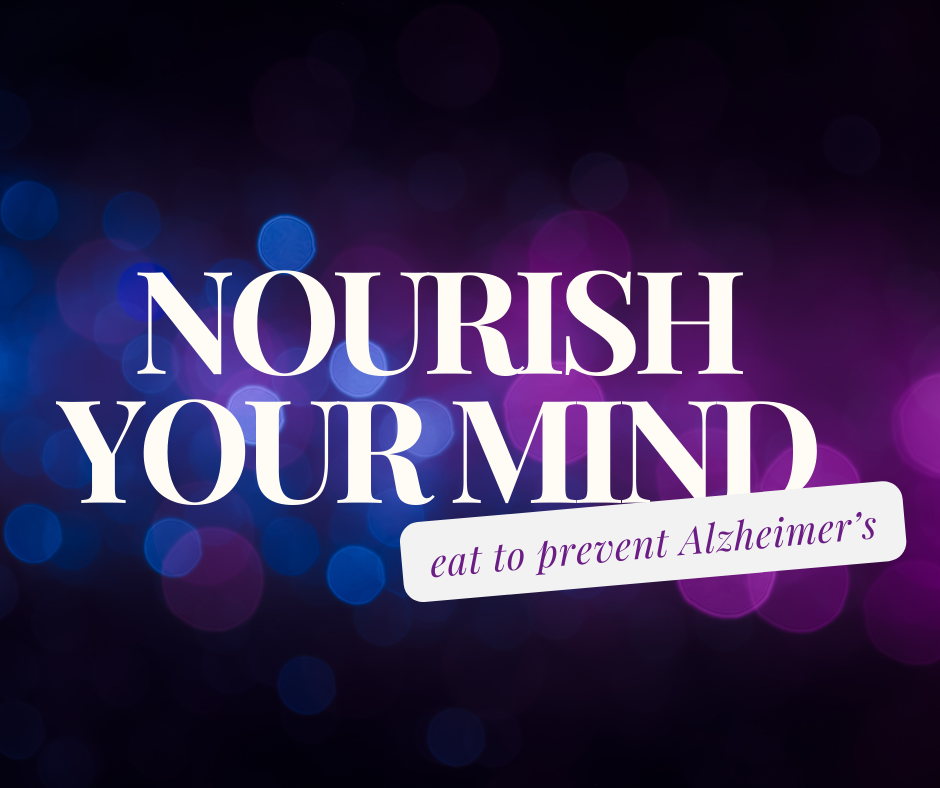Unlocking the Benefits of the MIND Diet: A Path to Better Brain Health
At Morpheus Wellness, we are committed to helping you lead a healthier, more balanced life. One of the key components of overall wellness is brain health, and today, we’re diving into a diet specifically designed to enhance and protect cognitive function: the MIND diet.
What is the MIND Diet?
The MIND diet, which stands for Mediterranean-DASH Intervention for Neurodegenerative Delay, is a hybrid of two well-known and research-backed diets: the Mediterranean diet and the DASH (Dietary Approaches to Stop Hypertension) diet. Developed by researchers at Rush University Medical Center, the MIND diet focuses on foods that have been shown to support brain health and reduce the risk of Alzheimer’s disease and other forms of cognitive decline. Research suggests that the MIND diet can significantly reduce the risk of Alzheimer’s disease by up to 53% for those who adhere to it rigorously and by about 35% for those who follow it moderately. The diet is rich in antioxidants, vitamins, and healthy fats that contribute to brain health by reducing inflammation and oxidative stress.
The Core Principles of the MIND Diet
The MIND diet emphasizes the consumption of 10 brain-healthy food groups while limiting intake from 5 unhealthy food groups. Here’s a breakdown of what to eat and what to avoid:
Brain-Healthy Foods:
1. **Green Leafy Vegetables**: Aim for at least six servings a week. Spinach, kale, and broccoli are great choices.
2. **Other Vegetables**: Incorporate a variety of vegetables into your diet every day.
3. **Nuts**: Enjoy nuts regularly, aiming for at least five servings per week.
4. **Berries**: Focus on berries, particularly blueberries and strawberries, at least twice a week.
5. **Beans**: Include beans in your meals at least three times a week.
6. **Whole Grains**: Consume whole grains such as oatmeal, quinoa, and brown rice three times a day.
7. **Fish**: Try to eat fish at least once a week, with an emphasis on fatty fish like salmon.
8. **Poultry**: Have chicken or turkey at least twice a week.
9. **Olive Oil**: Use olive oil as your primary cooking fat.
10. **Wine**: Enjoy a glass of wine daily, if it fits into your lifestyle and dietary preferences.
Foods to Limit:
1. **Red Meat**: Try to limit red meat consumption to fewer than four times a week.
2. **Butter and Margarine**: Use less than a tablespoon a day.
3. **Cheese**: Restrict cheese intake to less than once a week.
4. **Pastries and Sweets**: Keep these treats to fewer than five servings per week.
5. **Fried or Fast Food**: Limit these foods to less than once a week.
Practical Tips for Adopting the MIND Diet
1. **Start Slowly**: If the MIND diet seems overwhelming, start by incorporating one or two brain-healthy foods into your meals each week.
2. **Plan Your Meals**: Meal planning can help you ensure you’re getting a variety of brain-boosting foods throughout the week.
3. **Experiment with Recipes**: Find delicious recipes that incorporate MIND diet principles. For example, try a kale and blueberry smoothie or a quinoa and veggie stir-fry.
4. **Mindful Eating**: Focus on enjoying your meals and being present during mealtime, which can enhance your overall eating experience and promote better digestion.
Conclusion
At Morpheus Wellness, we believe that nurturing your brain is just as important as taking care of your body. The MIND diet offers a delicious and sustainable way to support cognitive health and reduce the risk of neurodegenerative diseases. Start integrating these brain-healthy foods into your diet today and take a proactive step towards a healthier mind and body.
